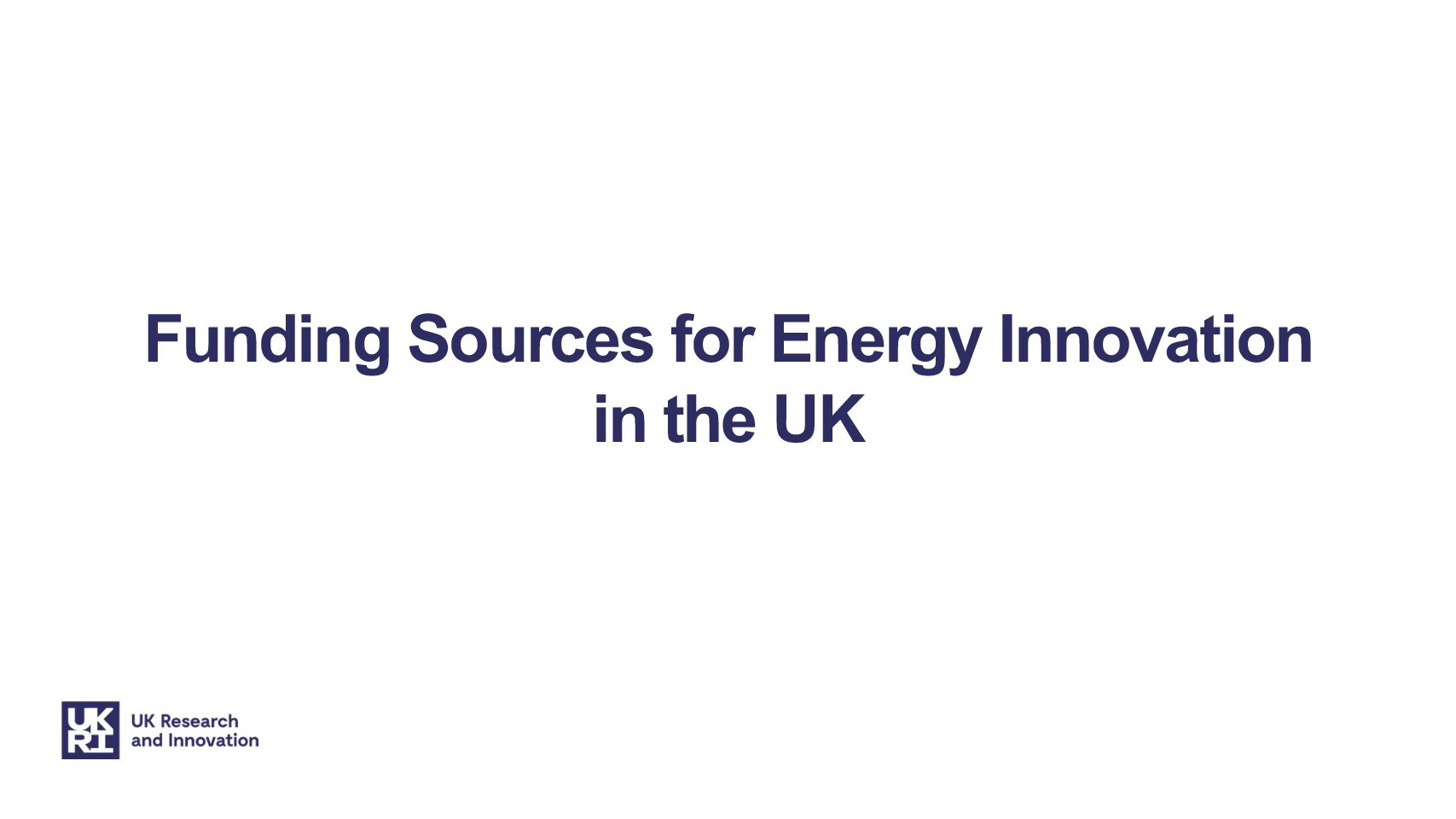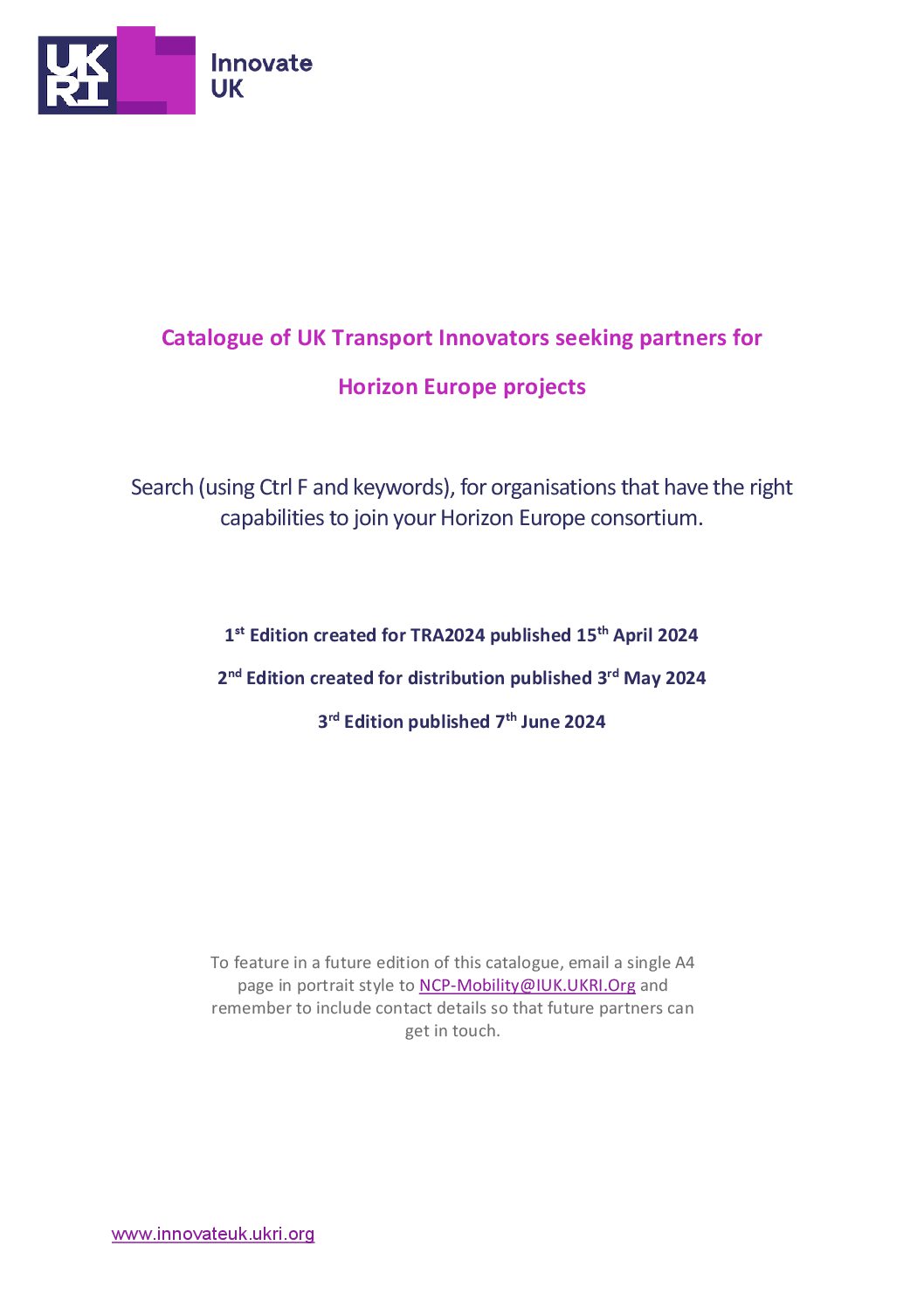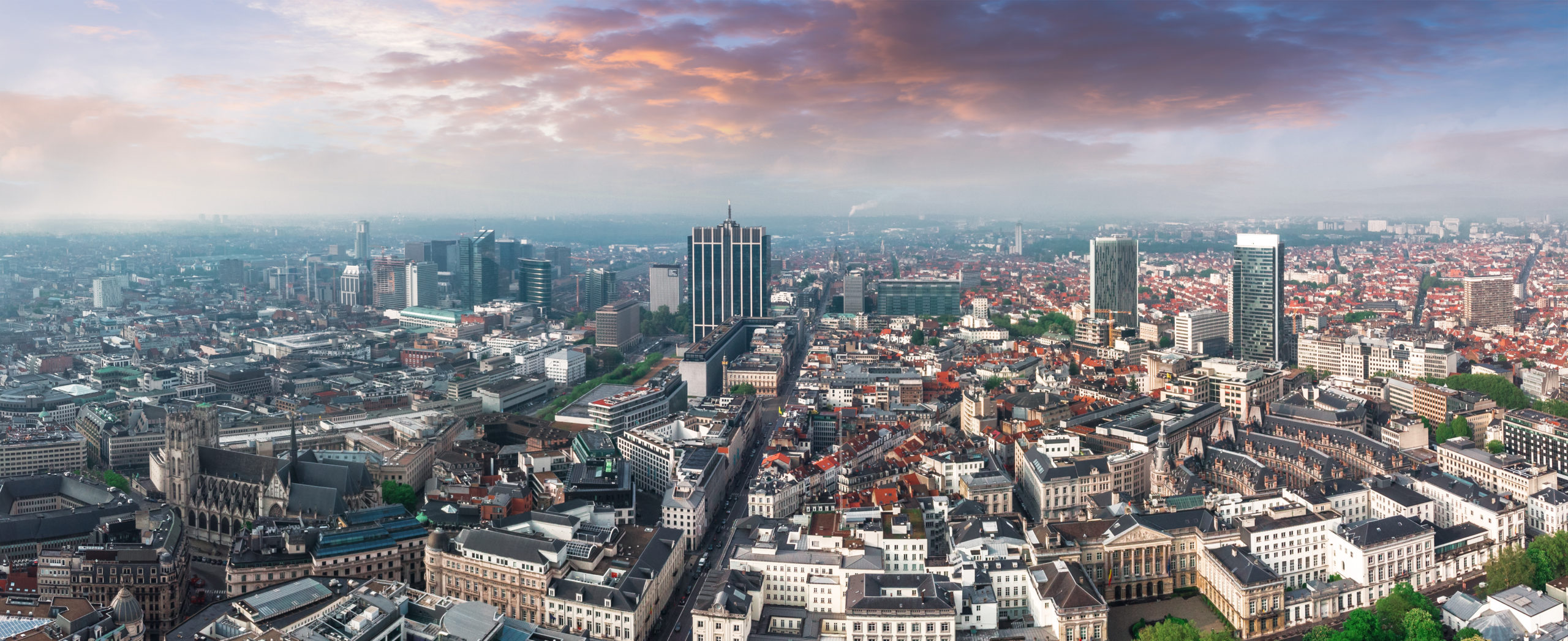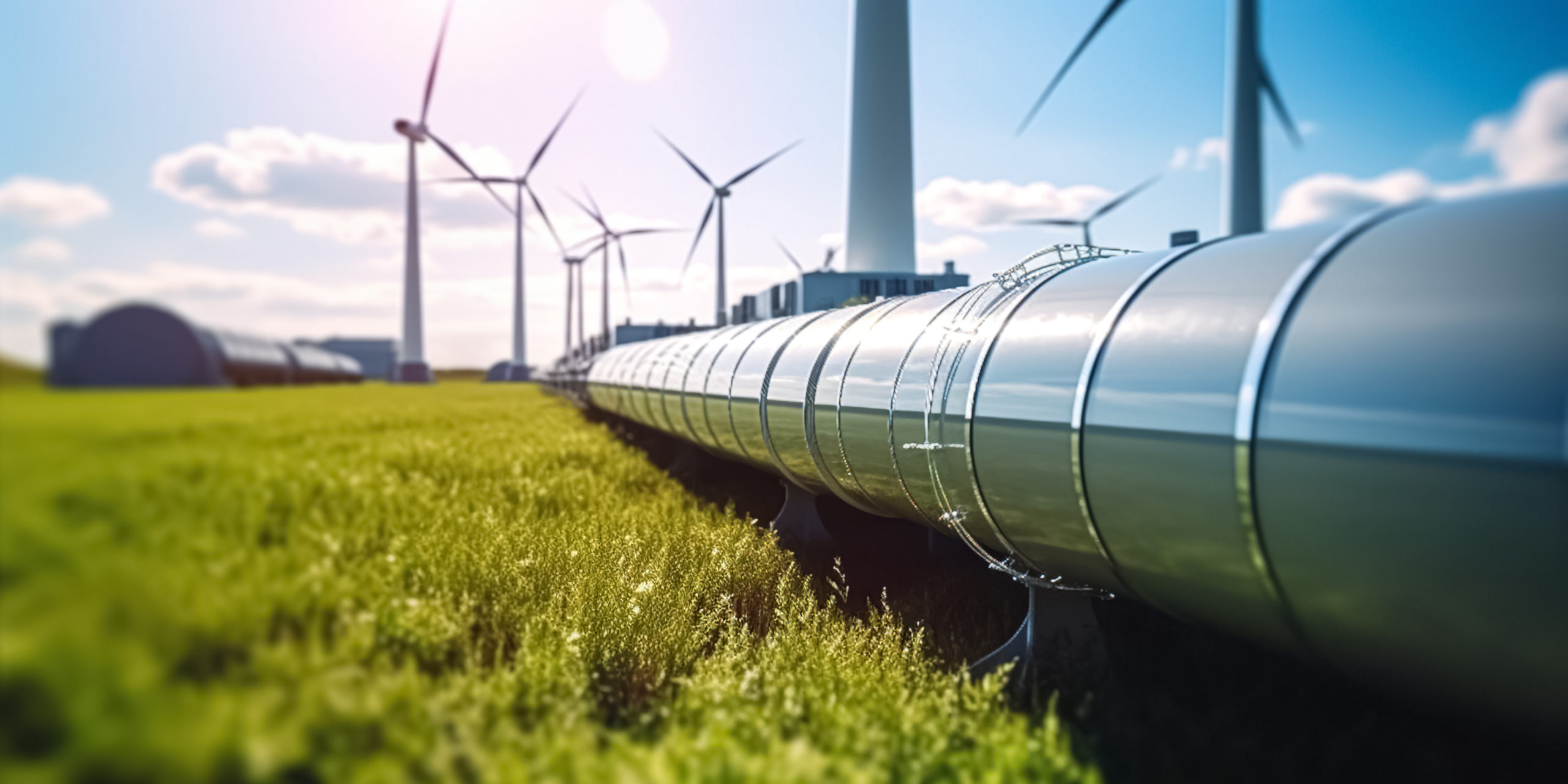Climate, Energy and Mobility
Introduction to Climate, Energy and Mobility
This cluster aims at achieving climate neutrality in Europe by 2050. This encompasses the transition to greenhouse gas neutrality of the energy and mobility sectors by 2050 at the latest (as well as that of other sectors not covered by this cluster), while boosting their competitiveness, resilience, and utility for citizens and society. Europe has been at the forefront of climate science and is committed to keep delivering the knowledge for enabling efficient pathways and just transitions to climate neutrality.
-
Climate sciences and responses for the transformation towards climate neutrality enable the transition to a climate-neutral and resilient society and economy through improving the knowledge of the Earth system and the ability to predict and project its changes under different natural and socio-economic drivers, including a better understanding of society’s response and behavioural changes, and allowing a better estimation of the impacts of climate change and the design and evaluation of solutions and pathways for climate change mitigation and adaptation and related social transformation.
Climate transition is cross-cutting by nature and can provide key solutions for climate, energy and mobility applications. In line with the scope of cluster 5 such areas are batteries, hydrogen, communities and cities, early-stage breakthrough technologies as well as citizen engagement.
-
The transition towards climate neutrality by 2050 gives energy a central role, as energy is today responsible for more than 75% of the EU’s greenhouse gas emissions.
To reach climate neutrality, we need to decarbonise at least six times faster than anything realised globally so far. We must drastically increase the share of renewable energy sources and clean energy carriers, and improve energy efficiency. Importantly, the energy transition must be just and inclusive or it will not happen at all.
Citizens need not only clean, but also affordable, secure and safe energy
Clean hydrogen can also play a key role for long-term energy storage and for reducing greenhouse gas emissions, in particular in sectors that are difficult to decarbonise with existing solutions, such as heavy-duty and long distance transport, and carbon-intensive industry. Carbon capture and storage must address remaining emissions.
-
The way we live and travel is changing. At the same time our transport system needs to adapt to global realities such as climate change and digitalisation.
Reducing transport’s impact on the climate and natural environment is the most urgent priority, in order to meet COP21 Paris Agreement commitments and align with broader EU transport, climate and energy goals.
Funding Areas
- climate science and solutions
- energy supply
- energy systems and grids
- buildings and industrial facilities in energy transition
- communities and cities
- industrial competitiveness in transport
- clean, safe and accessible transport and mobility
- smart mobility
- energy storage
Work Programme summary and download
This Work Programme outlines the Climate, Energy and Mobility Cluster funding opportunities.
Download
Horizon Europe funding opportunities
All open calls are listed on the European Commission’s Funding and tender opportunities database.
Explore opportunities
Our Experts
Related Events and Recordings
Tue
9
Apr
2024
Mon
4
Dec
2023
Horizon Europe webinar - Clean and competitive solutions for all transport modes
10.30 - 12.00 GMT | Online
Watch now
Tue
31
Oct
2023
Fri
26
May
2023
NEWSLETTER
Subscribe to Horizon Europe
Sign up to our Horizon Europe newsletter, for information on the programme, related news, events and funding, and connect to the right people for support. Our Advisors are on hand to help support you with your funding application across different strands of Horizon Europe.








